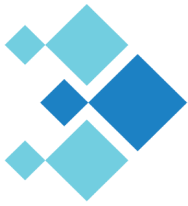Permits to fish
Quota system
The Icelandic fisheries management system is called the quota system. Fishing is managed by a quota allocated to vessels on the basis of catch shares. The shares of the acquisition can be purchased and sold. A quota share of a vessel is a share (%) of the total allowable catch of marine species that are subject to catch limit. A vessel’s catch quota for each fishing year or season is determined by the total allowable catch for the species concerned and the vessel’s quota share of that total, taking into account the quantity allocated to the Ministers for disposal.
Example: an output of 1% (power share) of the total quota in cod, if it is 100 kilograms, this output will receive 1 kilogram of the quota.
The catch limit is measured in kilograms or tons depending on the fish species. The catch limit is the quantity that the vessel may catch in the type concerned after the allocation or by leasing from another vessel, and therefore there may be two types of catch limit:
Hook-and-line catch quotas (small system)
Catch quota (large system).
Fishing within a quota system requires a vessel to have a general catch quota.
In addition to being allocated or chartered permits , ships may receive a quota through . Individual vessels are allocated shell and shrimp supplements in return for their share of infjord shrimp or scallops. The Institute of Regional Development shall then allocate the Regional Institute quota to ships based on agreements with local authorities.

Service provider
The Directorate of Fisheries